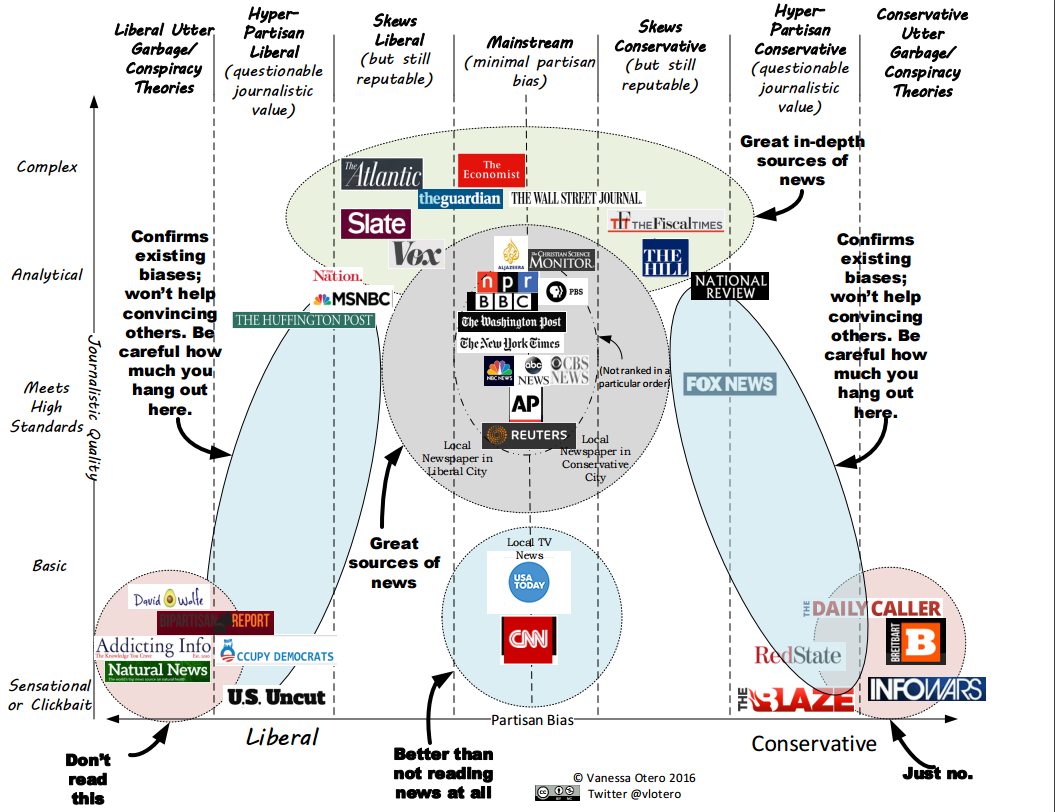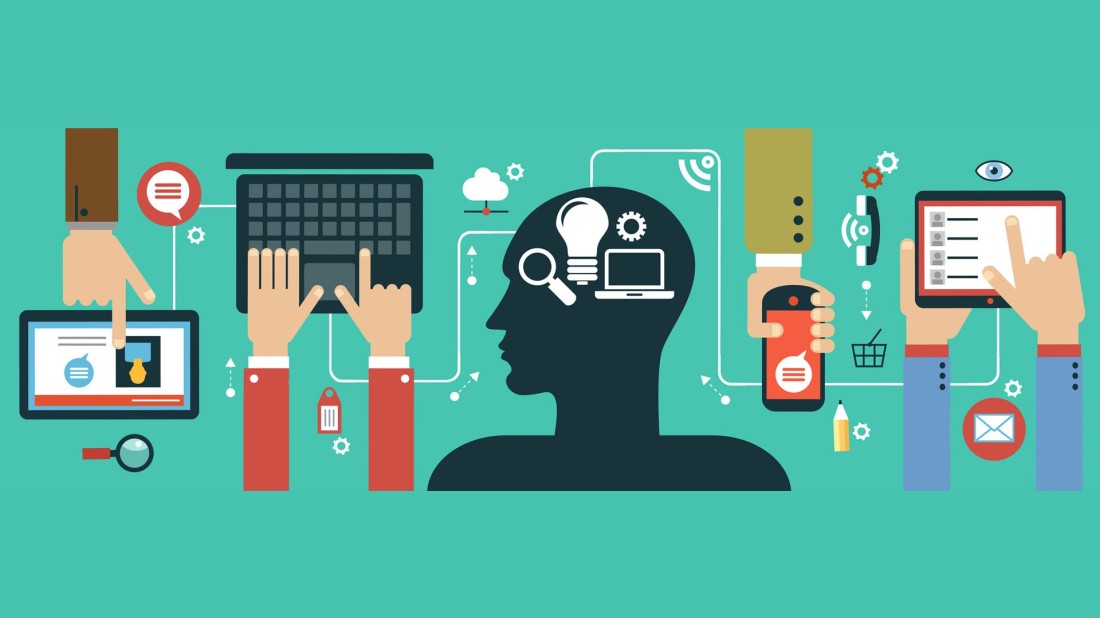Originally posted at: https://spoonvision.wordpress.com/2018/09/16/the-educational-value-of-wikipedia-in-the-age-of-fake-news/
If I had a dollar for every time I have heard a middle school student say that another teacher told them Wikipedia was not a reliable source, “I would be making money in a very weird way” (to put it in the words of the late comedian, Mitch Hedberg). When Wikipedia came along in 2001, it was quickly rejected as a useful classroom tool by educators. But, of course, so was the internet as a whole. Google, likewise, was chastised in the early years as a mere peddler of randomness, which it was. But somewhere along the way, through ease of use and improved algorithms, “Google it” went from being used ironically in classrooms to being a sincere encouragement for students to seek out new information for themselves.
So almost two decades later, why are teachers still discouraging students from utilizing Wikipedia? Perhaps it is because anyone can participate in the writing and editing process. This democratic model of learning represents a direct threat to what Paulo Freire called the “banking” model of education. The teacher has the knowledge. The student has an empty account. According to the “banking” model, education is all about deposits of knowledge from teacher to student. It is an outdated and elitist pedagogy. The “banking” model relies on the overuse of “experts.” It is a pedagogy where the few in the ivory tower are highly preferred over the consensus of the masses.The truth is that Wikipedia is shining a blinding light on the elitist nature of our traditional textbooks. Why should educators place their unwavering faith in content provided by a handful of academics and at the same time treat with supreme suspicion what has been peer reviewed by hundreds of thousands of readers?
It is true that “Wikipedia is not a reliable source,” meaning that Wikipedia should not be cited in any serious research paper. But this is not the same as saying that Wikipedia is not a trusted source of information. In fact, it is in the common knowledge, the facts that do not need to be cited, that Wikipedia excels. For this reason, instead of being taught to avoid Wikipedia altogether, students at all levels (yes, including at the university level) should be taught to start the research process with Wikipedia and then branch out from there. This has always been the function of encyclopedias; as starting points. Wikipedia gives students a foundation of information as well as the opportunity to return later to interrogate the facts and possibly to contribute to and improve the platform. After all, “there are no age restrictions for editing Wikipedia or writing new articles.”
Why should educators place their unwavering faith in content provided by a handful of academics and at the same time treat with supreme suspicion what has been peer reviewed by hundreds of thousands of readers?
As educators, we should also be honest with ourselves concerning at what education level students begin doing actual and proper research. It seems that a new research model is needed that begins with a thorough understanding of what “wiki” tools are and how these online communities function. Don’t get me wrong. I believe that middle school students are fully capable of serious research. What I am affirming is that both the acquisition of knowledge and the positing of a thesis need to be redefined in light of new and more democratic pedagogical models. I am a middle school social studies teacher/blogger and not an English professor, but it seems to me that students have been thrown into the deep end of research papers for far too long. All of the time previously consumed by microfilm and the Dewey Decimal System can now be spent teaching students to properly use online tools like Wikipedia.

The image of Wikipedia has dramatically improved over the last several years in almost every arena outside of education. The Washington Post has touted Wikipedia as the “good cop” of the internet. Google has long seen the value in what “The Free Encyclopedia” provides, even to the point of recently moving to utilize Wikipedia articles to fact check conspiracy theory videos on YouTube. Not to mention the fact that Wikipedia has remained nonprofit and advertisement free, while top Google search results are a direct product of advertising dollars. And now, Nathan Robinson of Current Affairs is calling for Facebook and Twitter to look to Wikipedia as a model of how to ensure free speech online while protecting against “fake news.”
What I am affirming is that both the acquisition of knowledge and the positing of a thesis need to be redefined in light of new and more democratic pedagogical models.
When Wikipedia emerged seventeen years ago, virtually everything on the internet was treated with healthy suspicion. Legitimate online news media was difficult to fake back then. A lot of “do it yourself” blogs and extremist propaganda was easily identified by its terrible web design and diminished readability. Now, anyone with access to the internet can produce an aesthetically pleasing web page; no hard drive, no word processor, and no money required. This, combined with the death of “browsing the internet” and the rise of Facebook and Twitter as news sources, has created the perfect opportunity for what is now known as “fake news,” organized intentional disinformation campaigns.
Wikipedia provides students an opportunity to “poll the audience” concerning any particular subject or organization. Students researching the American Civil War, for example, will be better equipped to recognize and avoid “lost cause” Confederate revisionist propaganda if they first ground themselves in the Civil War material provided by Wikipedia, including this page on “the lost cause of the Confederacy.” When preparing to cite what seems to be a reputable source, students can check Wikipedia for a third party description of that publication, web site, or organization. “Right wing think tanks,” for example, don’t often put this description of themselves on their “about” page, but Wikipedia will include political leanings of organizations within the first few sentences.

This is a call for K-12 teachers and higher education professionals to reevaluate their views of the proper use of Wikipedia in the classroom. Crowd sourced “wiki” content is not “fake news.” The Wikipedia community routinely finds errors in its content, but this does not equate to the intentionally deceitful content published regularly at “fake news” sites like Breitbart and InfoWars. On the contrary, Wikipedia provides a needed reprieve from the political confirmation bias that now seems to be an essential part of the social media experience. Any comprehensive and responsible digital literacy curriculum should include the proper use of Wikipedia in the research, writing, and online learning processes.

No comments:
Post a Comment
Note: Only a member of this blog may post a comment.